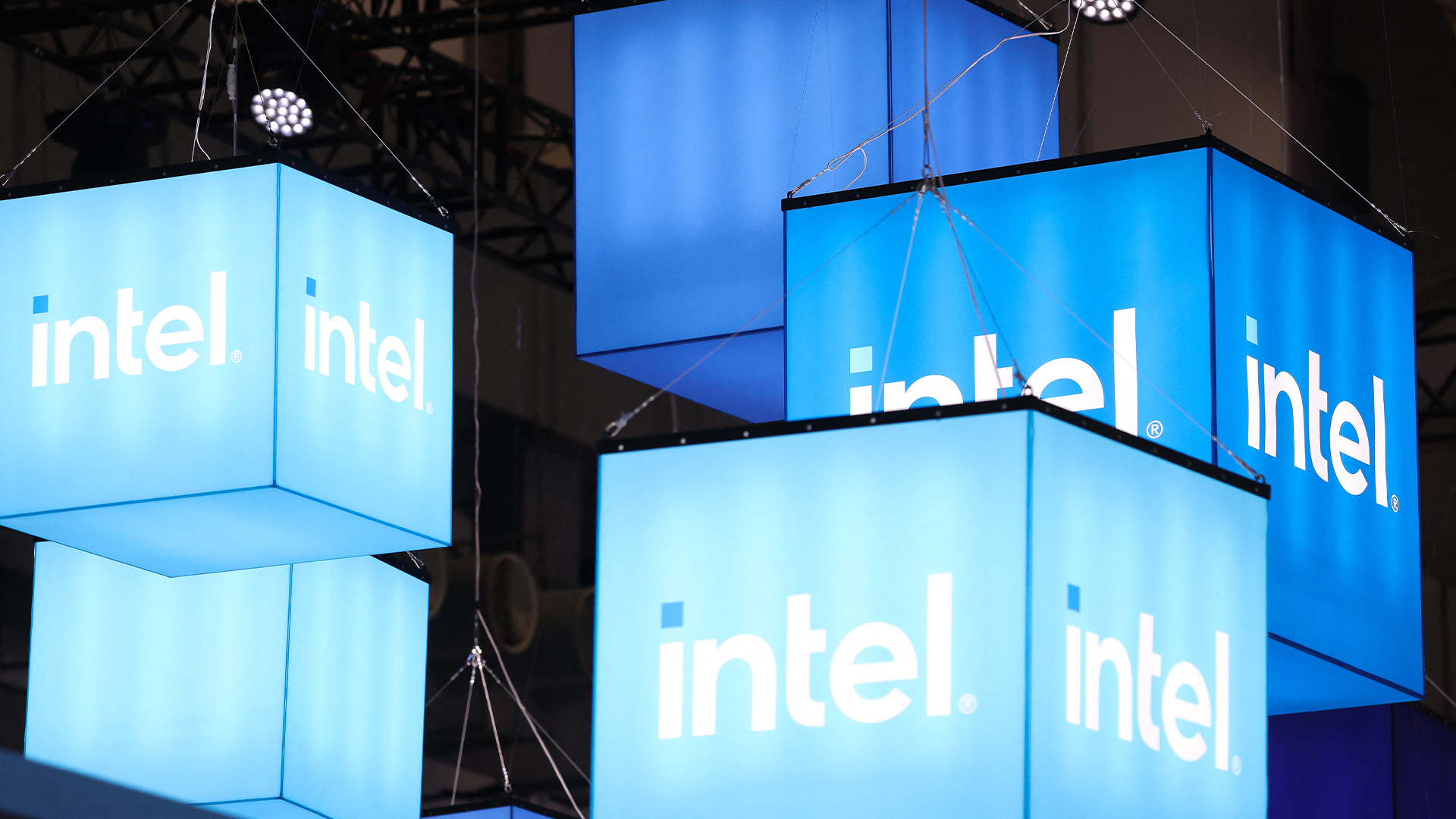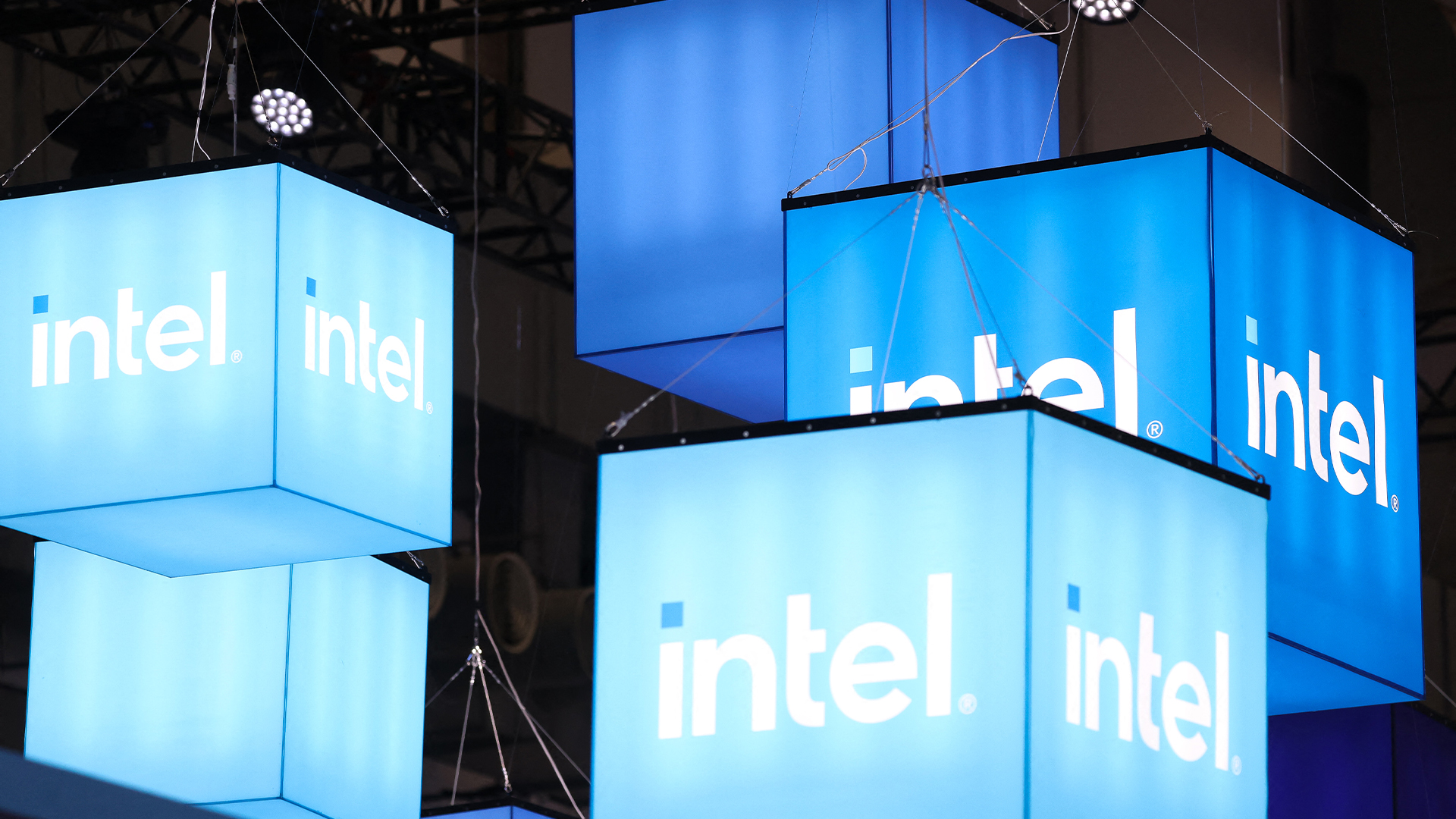Intel fails to overturn €1.06 billion fine
Anti-competitive conduct resulted in a reduction of consumer choice, court rules

Intel will have to pay a 1.06 billion fine after it failed to overturn a five-year-old ruling which concluded it had been anti-competitive.
In 2009, European anti-trust regulators ruled Intel had tried to squeeze its rival AMD out of the market by offering rebates to prominent OEMs and vendors.
Dell, HP and Lenovo as well as German firm Media-Saturn-Holding were given rebates in exhange for exclusively stocking Intel products.
Intel's anti-competitive conduct resulted in a reduction of consumer choice and in lower incentives to innovate.
The General Court based in Luxembourg upheld regulator's findings, claiming Intel's behaviour was anti-competitive and the chipmaker had tried to conceal this from authorities.
"[Intel's] conditional rebates and payments induced the loyalty of the key OEMs and of MSH. The effects of these practices were complementary, in that they significantly diminished competitors' ability to compete on the merits of their x86 CPUs. Intel's anti-competitive conduct thereby resulted in a reduction of consumer choice and in lower incentives to innovate," it was noted in the General Court judgment.
"The Court finds that that evidence demonstrates to the requisite legal standard that the applicant attempted to conceal the anticompetitive nature of its conduct, at least as regards its relationships with Dell, HP, Lenovo and MSH."
Intel had disputed the severity of the fine, but the General Court explained that it was proportional to the amount of turnover the firm had made during the period of infringement. The billion euro fine was the equivalent of 5 per cent turnover during the period in question and was deemed proportional.
Get the ITPro daily newsletter
Sign up today and you will receive a free copy of our Future Focus 2025 report - the leading guidance on AI, cybersecurity and other IT challenges as per 700+ senior executives
Intel can challenge the ruling at the Court of Justice of the European Union but only on points of law.
-
 Third time lucky? Microsoft finally begins roll-out of controversial Recall feature
Third time lucky? Microsoft finally begins roll-out of controversial Recall featureNews The Windows Recall feature has been plagued by setbacks and backlash from security professionals
By Emma Woollacott Published
-
 The UK government wants quantum technology out of the lab and in the hands of enterprises
The UK government wants quantum technology out of the lab and in the hands of enterprisesNews The UK government has unveiled plans to invest £121 million in quantum computing projects in an effort to drive real-world applications and adoption rates.
By Emma Woollacott Published
-
 The gloves are off at Intel as new CEO plots major strategy shift
The gloves are off at Intel as new CEO plots major strategy shiftNews Intel’s incoming CEO has some big plans for the firm’s business strategy, sources familiar with the matter have told Reuters, with more job cuts looming on the horizon.
By George Fitzmaurice Published
-
 Why the CPU you chose is the key to Windows 11
Why the CPU you chose is the key to Windows 11The end of Windows 10 is on the horizon – it’s time to upgrade to an fTPM-protected processor
By Bobby Hellard Published
-
 Intel just won a 15-year legal battle against EU
Intel just won a 15-year legal battle against EUNews Ruled to have engaged in anti-competitive practices back in 2009, Intel has finally succeeded in overturning a record fine
By Emma Woollacott Published
-
 AMD and Intel’s new x86 advisory group looks to tackle Arm, but will it succeed?
AMD and Intel’s new x86 advisory group looks to tackle Arm, but will it succeed?News The pair will look to make x86 CPU architecture more interoperable
By George Fitzmaurice Published
-
 AMD’s patient roadmap has become a highway to success
AMD’s patient roadmap has become a highway to successAnalysis While everyone was focused on Nvidia’s meteoric rise, AMD was preparing the hardware needed to take the fight to its long-time competitor
By Ross Kelly Published
-
 AMD just made a big statement in the AI PC race with its Ryzen AI Pro 300 series processors
AMD just made a big statement in the AI PC race with its Ryzen AI Pro 300 series processorsNews With all eyes focused on the AI PC craze, AMD looks to one-up the competition
By Ross Kelly Published
-
 AMD’s new Instinct GPUs might just blow Nvidia out of the water
AMD’s new Instinct GPUs might just blow Nvidia out of the waterNews The chip maker unveiled its newest Instinct GPU series in San Francisco today – and it’s very bullish on performance in the race with Nvidia
By Ross Kelly Published
-
 AMD Advancing AI live: All the news and updates as they happened
AMD Advancing AI live: All the news and updates as they happenedLive Blog ITPro has been live on the ground at the AMD Advancing AI conference in San Francisco this week – here's everything we learned in the big keynote with CEO Lisa Su
By Ross Kelly Last updated